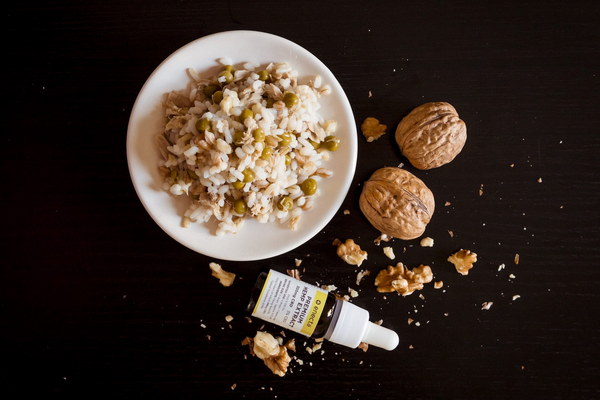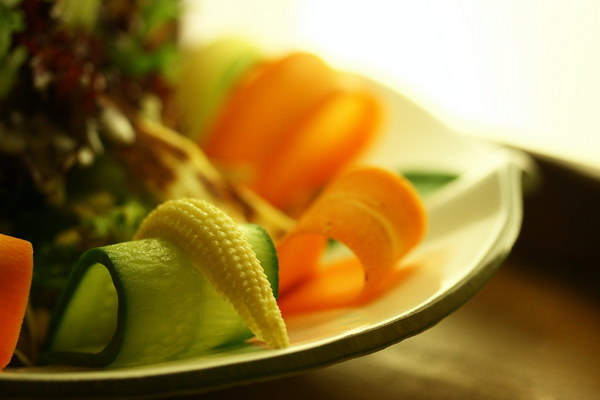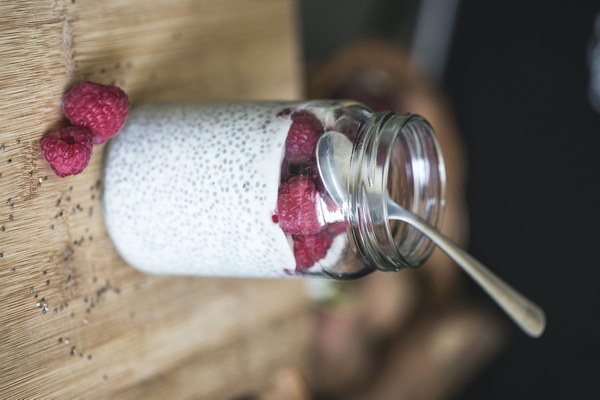How to Cleanse Your Lungs After Smoking A Comprehensive Guide
Introduction:
Smoking is a harmful habit that can lead to serious health issues, including lung diseases. If you have been smoking for a while and are looking for ways to cleanse your lungs, you're not alone. This article will provide you with a comprehensive guide on how to clean your lungs after smoking, including lifestyle changes, natural remedies, and medical treatments.
1. Quitting smoking:
The most effective way to cleanse your lungs after smoking is to quit smoking. The longer you smoke, the more damage it causes to your lungs. By quitting, you can start the healing process and reduce your risk of developing lung diseases.
2. Lifestyle changes:
A healthy lifestyle can help your lungs recover after smoking. Here are some lifestyle changes you can make:
a. Increase physical activity: Regular exercise can improve lung function and increase oxygen flow throughout your body. Aim for at least 30 minutes of moderate exercise most days of the week.
b. Stay hydrated: Drinking plenty of water helps to thin mucus in your lungs, making it easier to expel. Aim for at least 8 glasses of water per day.

c. Avoid secondhand smoke and air pollution: Secondhand smoke and air pollution can further damage your lungs. Avoid these environments as much as possible.
d. Avoid lung irritants: Smoking cessation products, such as nicotine patches or gum, can still irritate your lungs. If you use these products, be sure to follow the instructions carefully and consult your doctor if you experience any side effects.
3. Natural remedies:
There are several natural remedies that can help cleanse your lungs after smoking. These include:
a. Honey and lemon: Mix honey and lemon in warm water to help soothe your throat and lungs. This remedy can also help with coughs and colds.
b. Green tea: Green tea contains antioxidants that can help protect your lungs from damage. Drink a few cups of green tea each day.
c. Eucalyptus oil: Eucalyptus oil can help open up your airways and reduce inflammation. Use a diffuser to disperse the oil into the air or add a few drops to a bowl of hot water and inhale the steam.
d. Garlic: Garlic contains allicin, a compound that has been shown to help cleanse the lungs. Add garlic to your meals or take a garlic supplement.
4. Medical treatments:
In some cases, medical treatments may be necessary to help cleanse your lungs after smoking. These treatments include:
a. Pulmonary rehabilitation: A pulmonary rehabilitation program can help improve your lung function, increase your exercise tolerance, and teach you how to manage your symptoms.
b. Oxygen therapy: If you have chronic obstructive pulmonary disease (COPD) or another lung condition, your doctor may recommend oxygen therapy to help you breathe more easily.
c. Medications: Your doctor may prescribe medications to help manage symptoms, such as cough, wheezing, and shortness of breath.
Conclusion:
Cleaning your lungs after smoking is a gradual process that requires time and dedication. By quitting smoking, making lifestyle changes, using natural remedies, and seeking medical treatments when necessary, you can improve your lung health and reduce your risk of developing lung diseases. Remember to consult with your doctor before making any significant changes to your lifestyle or starting any new treatment.









